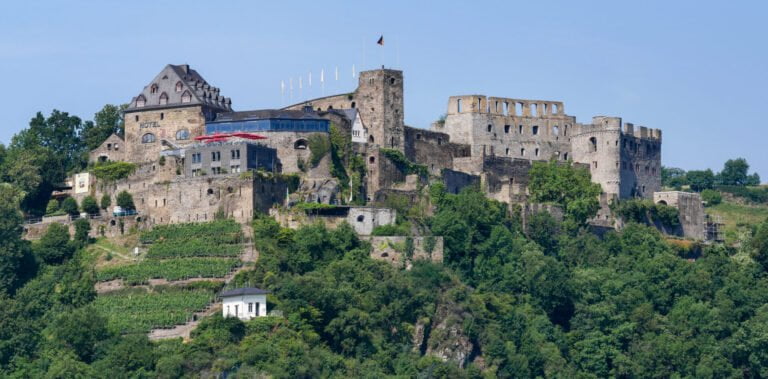Which Country Has the Best Hemp?
The global hemp industry is dominated by a handful of countries that have established themselves as leaders in hemp cultivation, processing, and innovation, with different regions exceling in specific areas of the industry. Europe's powerhouses, the Netherlands, Germany, and France, lead the charge in high-quality seeds, construction materials, and cosmetics. Asia's emerging hotspots, China, Japan, and South Korea, offer scalability and favorable regulatory environments. The Americas have hidden gems like Canada, Uruguay, and Chile, driving innovation and sustainability. Colombia, with its ideal climate and low production costs, is rapidly emerging as a significant player. But, is there a single country that stands out above the rest?
Hemp Haven: The European Powerhouses
Hemp Haven: The European Powerhouses
In the heart of Europe, a thriving hemp industry has taken root, with powerhouses like the Netherlands, Germany, and France leading the charge in cultivating, processing, and innovating this versatile crop. These countries have capitalized on their favorable climates, rich soils, and progressive regulations to establish themselves as global leaders in hemp production. The Netherlands, in particular, is renowned for its high-quality hemp seeds, while Germany has made significant strides in hemp-based construction materials. France, meanwhile, has focused on developing hemp-derived cosmetics and pharmaceuticals. As demand for sustainable and eco-friendly products continues to grow, Europe's hemp powerhouses are poised to drive innovation and growth in this burgeoning industry.
Asia's Hemp Hotspots Take Center
As the global hemp industry continues to bloom, attention is shifting to Asia, where countries like China, Japan, and South Korea are emerging as hotspots for hemp cultivation, processing, and innovation. These nations are leveraging their rich agricultural heritage, advanced technology, and favorable regulatory environments to capitalize on the growing demand for hemp products.
Here are three key reasons why Asia is becoming a hub for hemp:
- Scalability: Countries like China and Japan offer vast lands suitable for large-scale hemp cultivation, making them ideal for meeting the increasing global demand.
- Innovation: South Korea, in particular, is investing heavily in hemp research and development, driving innovation in areas like hemp-based textiles and construction materials.
- Market access: Asia's strategic location and massive consumer base provide unparalleled market access for hemp producers, processors, and manufacturers.
The New World's Hidden Gems
Beyond the Asian powerhouses, the Americas harbor their own hidden gems, where pioneering countries like Canada, Uruguay, and Chile are quietly transforming the hemp industry with their unique strengths and advantages. Canada's robust regulatory framework and vast agricultural land make it an ideal location for large-scale hemp production. Uruguay, the first country to legalize hemp, boasts a well-established industry with a focus on high-quality genetics. Chile, with its ideal climate and low production costs, is quickly emerging as a key player in the global hemp market. These countries are not only producing high-quality hemp products but also driving innovation and sustainability in the industry. As the global demand for hemp continues to rise, these hidden gems are poised to take center stage.
The Dark Horse of Hemp Production
Among the rising stars in the global hemp industry, one country stands out for its rapid growth and untapped potential: Colombia. Once known for its coffee and flowers, Colombia is now emerging as a significant player in hemp production. The country's unique combination of fertile soil, ideal climate, and low production costs make it an attractive location for hemp cultivation. Here are three reasons why Colombia is the dark horse of hemp production:
- Government Support: The Colombian government has implemented policies to encourage hemp production, including subsidies and tax incentives for farmers.
- Ideal Climate: Colombia's tropical climate and rich soil make it an ideal location for hemp cultivation, with the potential for multiple harvests per year.
- Low Production Costs: Colombia's low labor and production costs make it a competitive player in the global hemp market.
And the Winner Is
Colombia's emergence as a hemp production powerhouse is not surprising, given its unique advantages, and now it's time to explore the top company that has capitalized on these benefits to take the lead in the industry. Khiron Life Sciences, a Canadian-Colombian company, has established itself as the front-runner in Colombia's hemp production. By leveraging the country's ideal climate, fertile soil, and cost-effective labor, Khiron has developed a vertically integrated business model that guarantees high-quality hemp products. With a strong focus on research and development, Khiron has created a range of innovative products, from CBD oils to cosmetics, that cater to the growing demand for hemp-based goods. Its commitment to sustainability and social responsibility has earned it a reputation as a leader in the industry.

